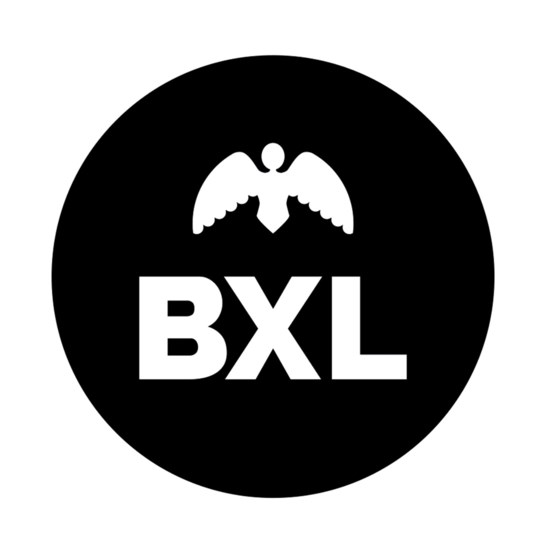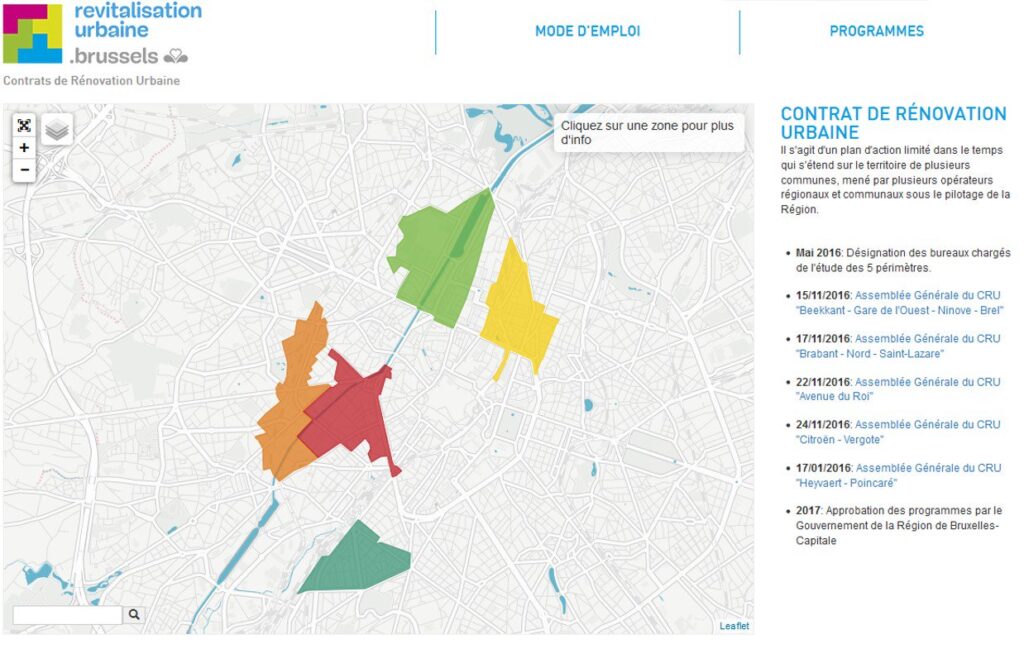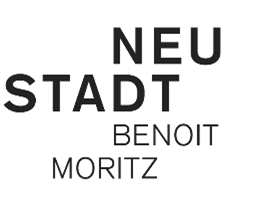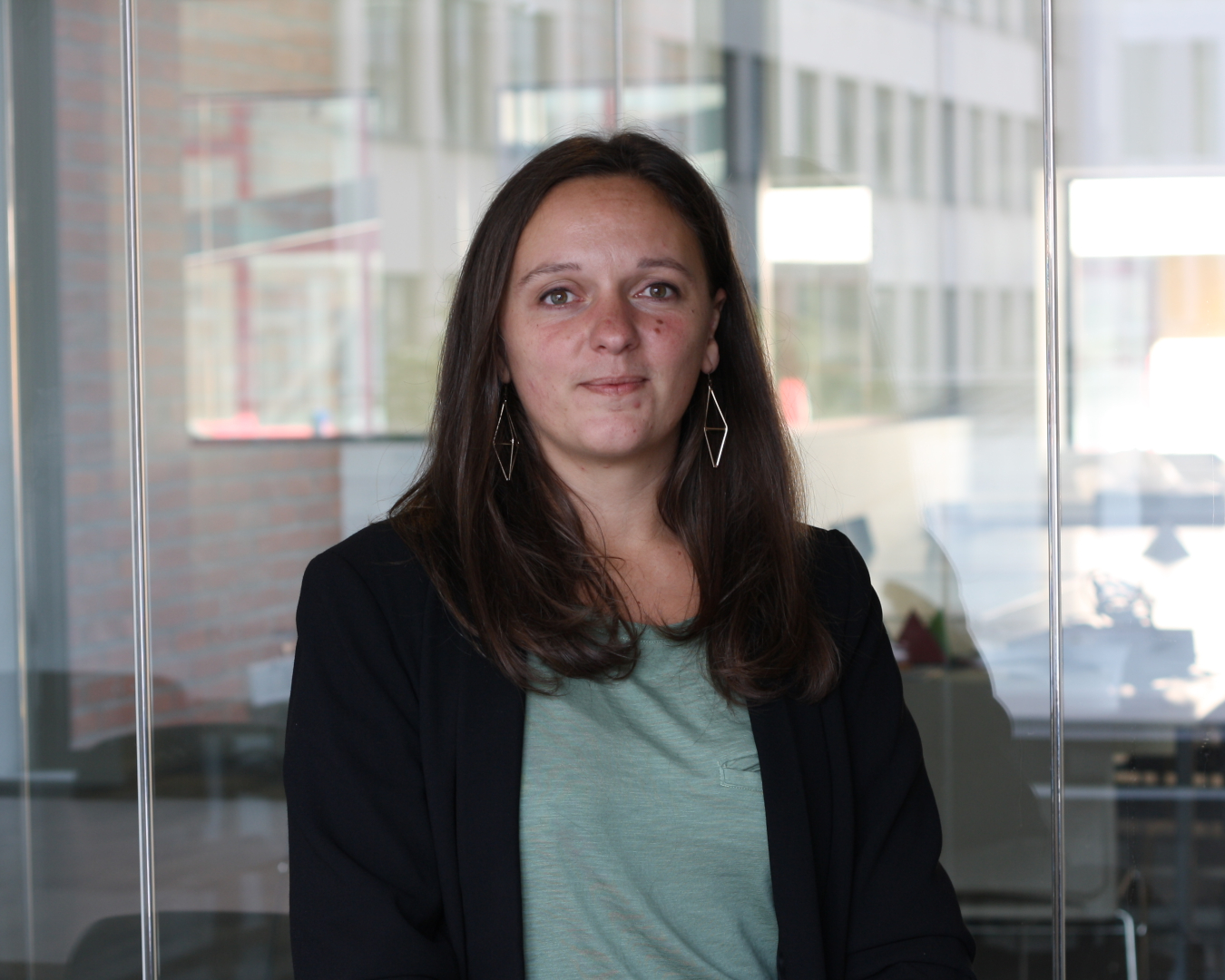We work on more than 300 projects every year.

Ongoing evaluation of urban renewal contracts in Brussels
Hélène Guérard
The challenge
The Urban Renewal Contracts (CRU) are a new tool in the Brussels Region’s urban renewal policy, extending beyond municipal boundaries, concentrating greater resources and aiming to develop projects with a regional impact. In addition to a traditional approach to assessing relevance and coherence, the aim of the study is to measure the results of the tool after a few years, to identify its weaknesses and, ultimately, to put forward concrete recommendations for consolidating and improving its operation and increasing its impact tenfold in the neighbourhoods.
The process & results
The methodological approach is traditionally divided into 3 phases: data collection, analysis and recommendations. In reality, an iterative process was put in place, with data collection during phases 1 and 2 and anticipation of phase 3 during phase 2.
Research into the tool’s leverage effects involves a combination of :
- A top-down strategic reading by taking into account regulatory and strategic texts. This has enabled us to identify ways of improving the consistency of the tool in terms of the texts that frame it and their concrete expression in each area.
- and a detailed analysis of each contract in order to distinguish its specific features, with the help of a mapping based on a database consolidated by us. This highlighted, in particular, the fact that the leap in scale sought by the tool was not systematically achieved.
The approach includes a solid participatory approach, with around thirty interviews and a co-production workshop for “project leaders”, which helps to establish the diagnosis and to enrich the resulting proposals.
The study concludes that the first generation of the CRU tool has been very successful, with effective collaboration between regional players and involving the local authorities concerned, major projects for public spaces, green spaces and facilities, and the deployment of multi-sectoral programmes that are helping to revitalise significant parts of the city. It also supports three areas for improvement:
- Improve support for the tools and visions developed. We recommend, for example, negotiating the scope of intervention at the beginning of the legislature in order to take account of the projects led by the major players in the area (STB, Bruxelles-Mobilité, SLRB) and to increase tenfold the leverage effect activated by the CRU budget.
- Improve coordination within the tool. In particular, we feel that the lack of an operational project management body to encourage co-production, feasibility testing and support for the vision and the project could be relevant.
- Consider the future aims and objectives of the CRU. Among other things, we recommend that the programmes should be more closely linked to current societal challenges: environmental, economic, digital and societal transition, energy-efficient renovation of buildings, etc. This is a recommendation that emerged from the analysis of the projects (few economic projects, transition projects, etc.) and also a wish expressed by the administrations in charge of coordinating the tool, as well as by some of the operators we met.

Partners in this project


